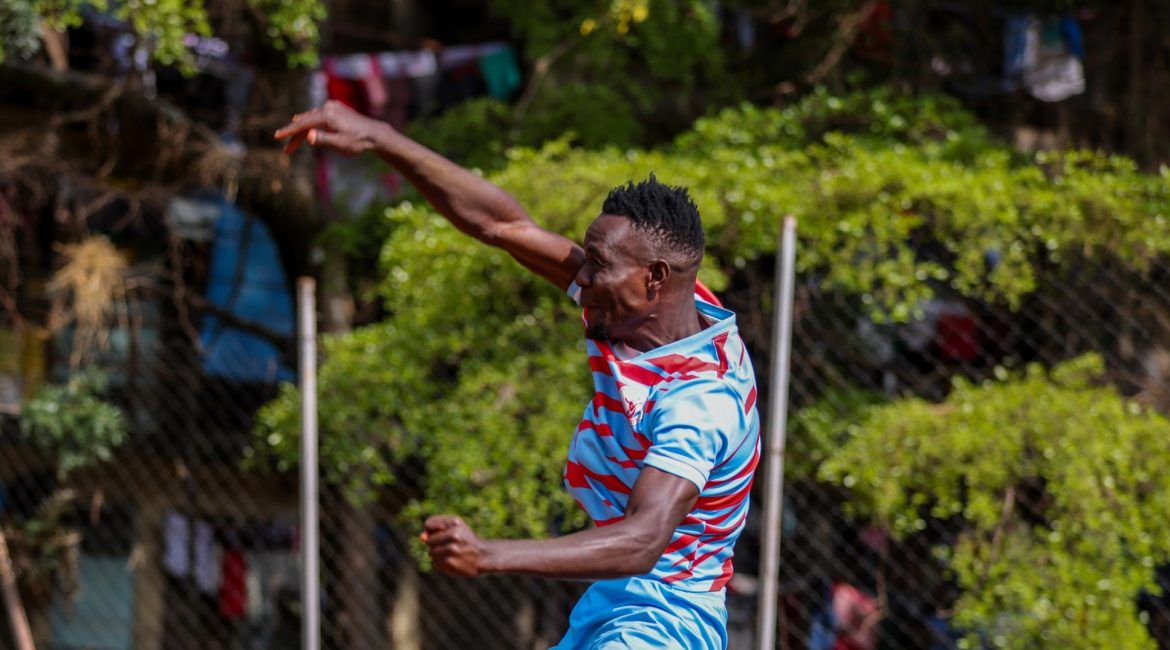As Kenya confronts the reality of hosting 80% of its top-tier volleyball matches outdoors, Rwanda is setting a new benchmark for the sport across Africa. The recent adoption of the Volleyball Challenge System by Rwanda signifies not only a technological advancement but also the country’s determination to cultivate a truly professional volleyball environment. In contrast, Kenya risks being sidelined unless immediate steps are taken to modernize the game.
The Volleyball Challenge System, prevalent in international competitions, equips officials with the tools to make more precise decisions, thereby enhancing the fairness and professionalism of the sport. Rwanda’s proactive embrace of this technology showcases its commitment to excellence and positions the nation as a formidable competitor on the global volleyball scene. Meanwhile, Kenya’s persistent reliance on outdoor matches, lacking in technological upgrades, reflects a troubling absence of foresight.
A pivotal step for Kenya is to invest in indoor facilities. Indoor arenas create controlled environments that elevate the quality of play, ensuring athletes compete under optimal conditions. The unpredictability of outdoor elements—such as wind, sunlight, and uneven surfaces—detracts from match quality and stifles the development of players aiming for international competition.
At present, Kenya’s volleyball landscape is in urgent need of transformation. It cannot continue to host league matches outdoors while expecting its players to adapt effortlessly to international settings, which feature world-class indoor facilities. This disjointed approach not only disadvantages the athletes but also diminishes the country’s capacity to promote its players globally.
A significant concern is the outdated practice of scheduling tournaments in specific regions for political reasons rather than focusing on the sport’s development. While these outdoor tournaments may have had value in the past, they no longer benefit top teams in the national league. The emphasis must now shift toward establishing sustainable indoor volleyball programs that prepare players for elite competition.
Counties across Kenya should be incentivized, if not required, to construct indoor facilities. Such infrastructure would enhance the quality of the sport, attract sponsors, and elevate the profile of Kenyan volleyball on the international stage. Rwanda’s experience demonstrates that with the right infrastructure and a forward-thinking mindset, a country can swiftly advance in professionalizing volleyball. Kenya must now take similar steps to remain competitive.
Moreover, developing indoor arenas would enable Kenya to host a greater number of international competitions, reigniting the excitement and prestige that once surrounded the sport in the nation. The Kasarani Indoor Arena could again become a premier venue for major international events, but this will only happen if the Kenya Volleyball Federation (KVF) and other stakeholders are committed to restoring and upholding indoor volleyball as the standard.
The moment has arrived for Kenya to embrace the future of volleyball. By investing in indoor facilities, adopting modern technologies, and prioritizing the professional growth of its players, the country can reclaim its status as a volleyball powerhouse in Africa. Until this is done, Rwanda will continue to forge ahead while Kenya risks remaining stagnant.
The volleyball world is evolving, and Kenya cannot afford to lag behind any longer. The future of the sport hinges on the choices made today. It is time for Kenyan volleyball to take decisive action to align with international standards, rekindle the joy of its fans, and provide its players with the platform they truly deserve.





